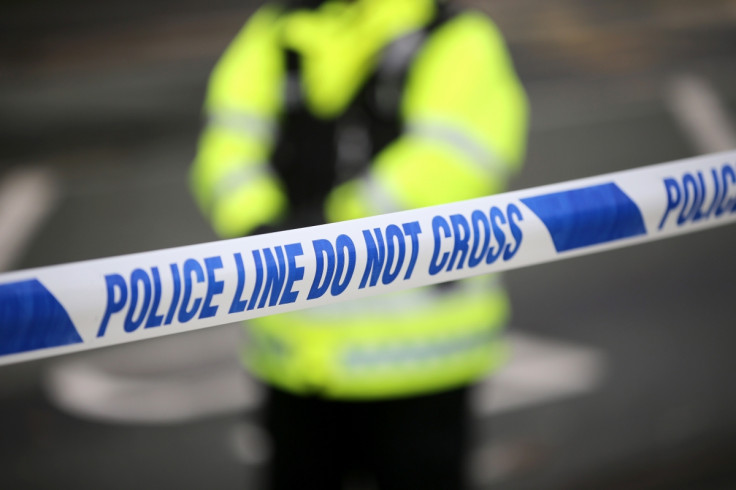WWI 100th Anniversary: How The Great War Led to a Culture of Organised Crime in the UK

At the end of World War I, Britain and its allies may have come out triumphant but its economy took a severe beating.
Those who fought for the freedom of the country on the frontline returned only to have to continue to fight. The fight at home, however, was very different.
It was a fight against society. A battle against a country that had seemingly forgotten immediately what these men had been fighting for.
As one of Britain's first gangsters, Arthur Harding, writes in his memoirs: "In 1920, there was a great deal of unemployment about. We still had a long road to travel before this country of ours would become a land fit for heroes to live in, like they had promised during the war."
Crime rates in the UK shot up after WWI as many men maintained the same attitude that allowed them to survive the trenches: survival of the fittest.
History Today says that between 1915 and 1930, crime rose by 5% a year. Theft and break-in offences were the biggest increases.
Furthermore, looking at research from Parliament.uk, the number of homicides went up after the war. In fact, over the 1920s as a whole, there were 8.3 homicides for every million people in the UK – up by 0.2 on the previous decade.
Despite this increase, the amount of people who went to prison stayed fairly consistent. Does this paint a picture of organised crime? A portrait of individuals who were apparently above the law?
To answer the question, we have to go back even before World War I and the very origins of British gangsterism.
The first mobsters
When we talk about a mafia-type organisation in the UK, we cast our minds to the 1960s when the infamous Kray twins were at their most prominent.
However, the UK, and especially London, has a history of organised crime that extends back to pre-WWI.
Historian Raphael Samuel published the memoirs of Harding, in which he describes Whitechapel, east London, at the turn of the century:
"Edward Emmanuel had a group of Jewish terrors. There was Jackie Berman. He told a pack of lies against me in the vendetta case - he had me put away... Bobby Levy - he lived down Chingford way - and his brother Moey. Bobby Nark - he was a good fighting chap.
"In later years all the Jewish terrors worked with the Italian mob on the race course... The Narks were a famous Jewish family from out of Aldgate. Bobby was a fine big fellow though he wasn't very brainy.
"His team used to hang out in a pub at Aldgate on the corner of Petticoat Lane. I've seen him smash a bloke's hat over his face and knock his beer over.
Crime as a whole was rare during the Edwardian period and became almost non-existent during the war itself, with millions of people leaving the country and a spirit of collective solidary prevailing.
Following the war, though, this began to change.
An influx of immigrants entered the country following the war as they escaped from their homeland, which was even more downtrodden than the UK, and helped contribute to the organised crime culture.
A Sicilian-Irish mafia-type crew named the Sabini family rose to prominence in the years after WWI in the early 1920s, based in the crime-ridden area of Clerkenwell, central London.
Their duty in this proud Italian community was not only to provide protection from rival gangs, who were angry about an influx of post-war immigrants, but they also established a loan-sharking system to make a bit of money.
It is believed these gangsters formed an alliance with crooked police to provide further protection, as Harding writes in his memoirs, while also offering protection to the Jewish bookmakers who came under threat.
Reaction to organised crime from the authorities was mixed. In a downbeat economy, it was inevitable some coppers would turn a blind eye to the 'firms' in exchange for a tasty pay packet.
Others weren't so lenient, though. When Harding was released from prison in 1920, his memoirs state he was kept under a magnifying glass by a Detective Sergeant J Stevens who would visit him every week at his pace of business as a lowly cabinet maker – which was actually just a front for his pickpocketing mob.
And organised crime has continued to fall under the watchful eye of the police ever since.
In 2012, Gov.uk said the government was laying out £24bn a year trying to deal with organised crime, showing Britain wasn't immune to it.
© Copyright IBTimes 2025. All rights reserved.






















